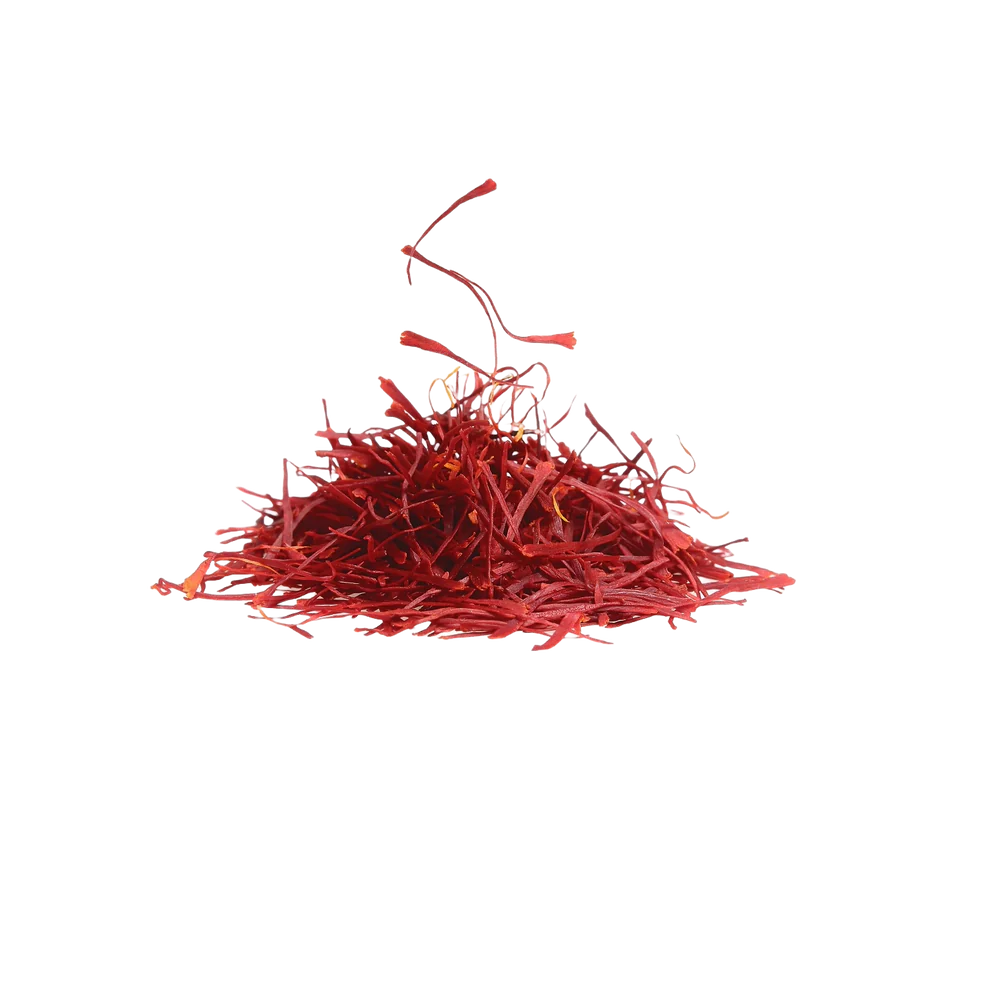
IRANIAN SAFFRON
Saffron is a valuable spice from the dried stigmas of the Crocus sativus flower. It’s known for its deep red color, rich aroma, and distinct flavor. Due to the labor-intensive harvesting process, saffron is one of the world's most expensive spices.
The effect of anything shows its worth. Some people or some things are known to change the equations and saffron is one of these things. In fact, anything which saffron is added to it can be defined before and after adding saffron. Saffron transforms smell, color and taste. Saffron even raises the respect of your product. When you give your audience something with saffron, you have indeed respected and appreciated them. Perhaps the best word that can be selected for Saffron is power. Below, you can read some articles about saffron in international journals.
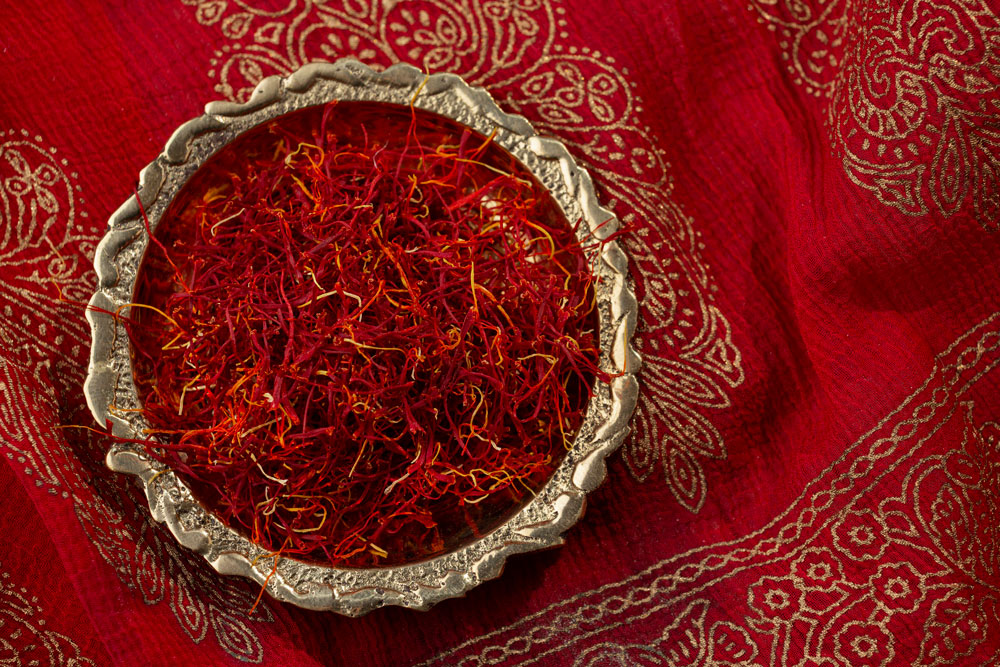
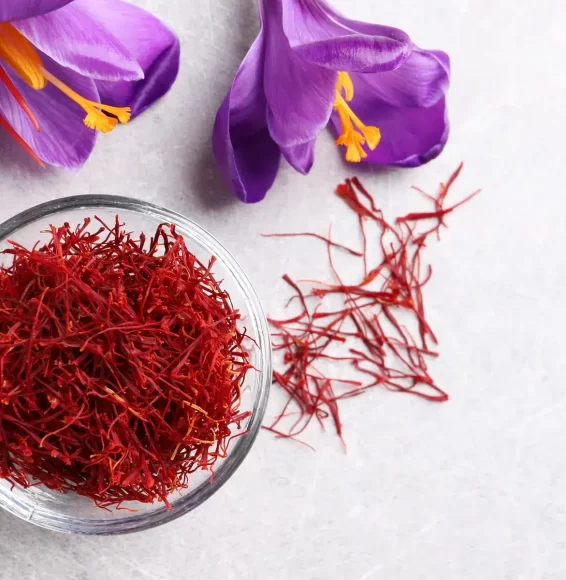
Why is saffron expensive?
Saffron is one of the most expensive things. Which plant is sold in grams? A very low number can be seen in this category. Saffron is valuable as much as it is difficult to obtain. About 110/000 to 170/000 crocus flowers are required in order to obtain one kilogram of dried saffron! Apart from the fact that curing process, soil type and harvest time and the importance of speed increase the value of this magical spice. Saffron has become one of the most expensive spices in the world due to high demand and limited production.
IRANIAN SAFFRON
Iran can be considered as the cradle of the world’s saffron. Almost 90 percent of the world’s saffron is produced in Iran. Even many of saffron that are distributed with label of other countries are from Iran. Saffron in Iran goes back 3000 years and still has its own power. Saffron is known as the red gold of desert because its origin is Iran’s deserts. Even Unlike the fact that many believe the word saffron originates from Arabic name, Iran is the origin of its name and most of the Arabic sources have reference to Iranian sources.
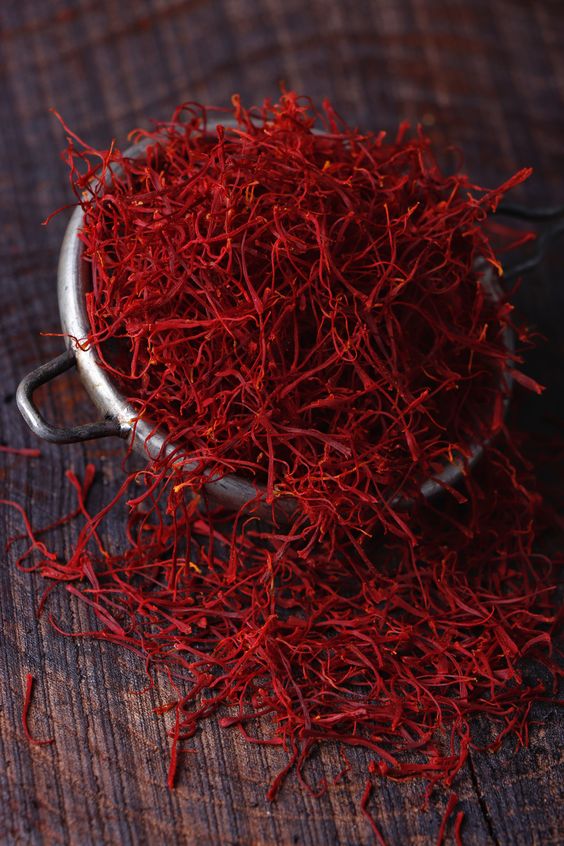
Why Iranian Saffron?
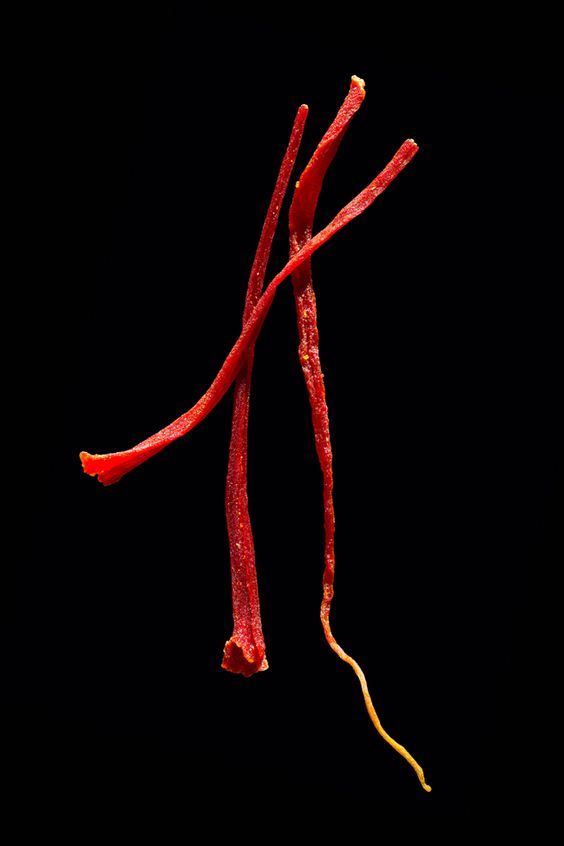
Saffron Varieties
There are different types and degrees of saffron quality and their price is accordingly determined. In general, saffron can be divided into three groups based on parts of saffron flower. Straw saffron which is in form of string with a little yellow or white color at the end of the string. Flower head saffron is all red and the fine and its strings are broken since it is the sorted type of Straw saffron. Jeweled Saffron is all red and bold, and approximately all of its strings are normal with minimal breakage.
In fact, it can be said that Flower head saffron and Jeweled Saffron are both pure and the only difference between them is that most strings of Flower head saffron are broken while most strings of Jeweled Saffron are normal. Straw saffron due to the fact that end of its strings are a little yellow or white and Jeweled Saffron due to its high price and low amount in the market have fewer customers. While, Flower head saffron has the highest rate of exports due to being all red, its reasonable price and abundance during the year.
Iranian Saffron Varieties
01.
Sargol Saffron
One of the finest types of saffron is "Sargol saffron," Some characteristics of Sargol saffron include:
- Sargol saffron has separated stigmas.
- The color strength of Sargol saffron ranges between 210 to 260.
- The stigmas of this saffron are completely red.
- There is no trace of white parts in Sargol saffron.
- It has an attractive appearance, a pleasant color, and a delightful aroma.
- Sargol saffron is not intertwined or stuck together.
- The stigmas of this type of saffron are relatively thick.
- The percentage of safranal in this saffron is very high.
- Sargol saffron is divided into two grades: Grade 1 and Grade 2.
- It is the most widely used type of saffron.
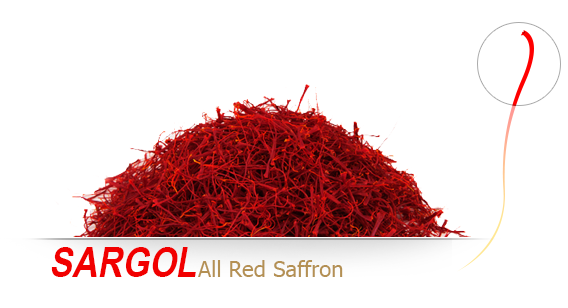
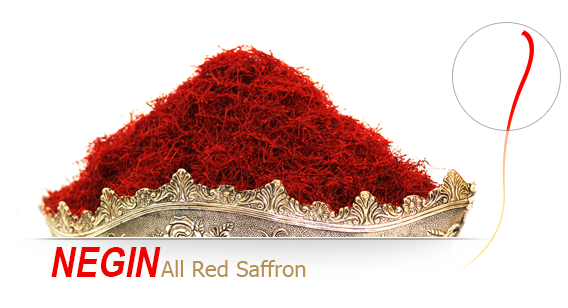
02.
Negin Saffron
Negin saffron, like Sargol saffron, is one of the best and most widely used types. Some key features of Negin saffron include:
- Negin saffron is of higher quality than other types.
- Its color strength ranges from 230 to 270.
- "Pressed" saffron is one of the highest quality Negin types, where the drying method of the stigmas is crucial.
- This type of saffron has three connected stigmas.
- The stigmas are straight and unbroken.
- Negin saffron is highly graded and comes in different varieties.
03.
Pushali Saffron
After Sargol and Negin, Pushal saffron is the most widely used type. Key features of Pushal saffron include:
- Pushal saffron consists of red stigmas connected with 1 to 4 millimeters of yellow style, or saffron root.
- It is divided into two types: "Pushal Ghaleemdar" (high-grade Pushal) and regular Pushal.
- This type of saffron is difficult to counterfeit.
- The white part is visible at the end, so it's not uniformly red.
- The stigmas are intertwined and curled.
- The color strength of Pushal saffron ranges from 25 to 170.
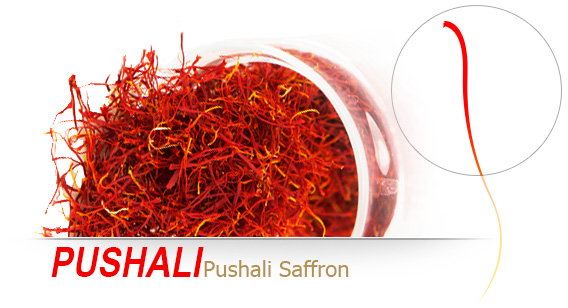
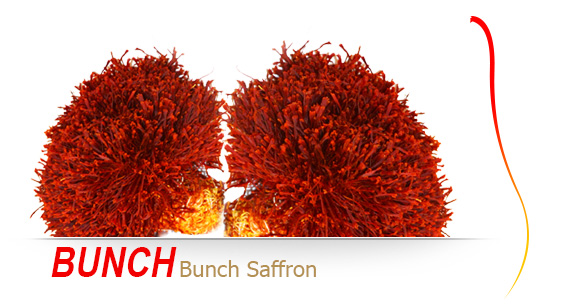
04.
Bunch Saffron
Bunch saffron contains both the red and yellow parts of the saffron threads and is also known as "Dokhtar Pich" saffron.
- Bunch saffron is composed of about 30% yellow and 70% red.
- In this type of saffron, the threads are unprocessed.
- The three-branched stigmas are not separated from the white part (saffron style).
- The style is usually 3 to 5 millimeters long, and the length of the stigmas depends on the saffron's quality.
- Bunch saffron is considered Grade 4 among the different saffron classifications.
Why People Choose ORIGIRAN and Not Others?
Origiran ensures that its saffron is authentic, rigorously tested, and meets the highest standards of purity and flavor. Additionally, Origiran’s emphasis on sustainable practices and fair trade supports local farmers and contributes to the preservation of traditional farming methods.
Authenticity and Quality
Origiran ensures that all products are genuine and high-quality, representing Iran's rich heritage
Cultural Expertise and Trade Facilitation
Origiran’s deep understanding of both Iranian and global markets ensures a smooth and culturally sensitive shopping experience
Sustainability
Origiran prioritizes ethical sourcing, focusing on sustainable farming practices for products like Iranian Pistachio
